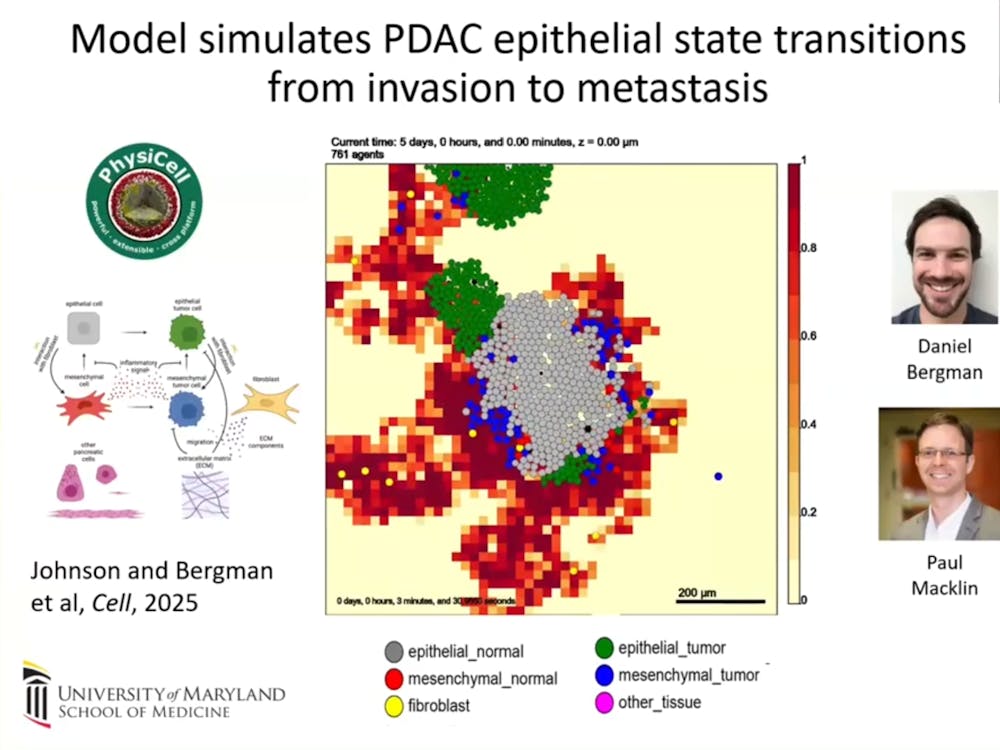Post-Traumatic Stress Disorder (PTSD) is often associated with people exposed to catastrophic situations, such as combat soldiers and rape victims. A recent study by a research group at the Hopkins School of Medicine, however, suggests that people who experience traumas such as war, assault and natural disasters may not be the only ones susceptible to PTSD.
The study, which will be released in the May issue of Critical Care Medicine, found that nearly one-quarter of people who were injured in a non-traumatic incident and then survived a stay in the intensive care unit (ICU) later suffered from PTSD. The researchers believe this is the result of pre-existing psychological issues, excessive sedation during treatment and frightening memories from the ICU itself.
Symptoms of PTSD include reliving the traumatic event through flashbacks and nightmares, avoiding situations which trigger memories of the event, persistent feelings of anxiety and sleeping troubles. According to the U.S. Department of Veteran Affairs’ National Center for PTSD, the psychological disorder is caused by situations in which people fear that their life is in danger, but they have no ability to control the situation.
PTSD can have a huge affect on a person’s life, especially their ability to communicate and connect with friends and family, Joe Bienvenu, associate professor of psychiatry and behavioral sciences at the Johns Hopkins University School of Medicine, explained. He believes that it is important to continue looking into why people develop PTSD and how it can be prevented.
The researchers reviewed 40 studies, which included approximately 3,000 ICU patients, but excluded those who had been injured in incidents such as car accidents or head injuries, since these injuries themselves could have caused psychological issues. From this, the researchers found that 10 to 60 percent of ICU patients experienced symptoms of PTSD.
They then did an intensive review of a 450-patient subset, in which they followed the patients for one year. From this, they found that one-quarter of patients experienced symptoms of PTSD during the first six months after their time in the ICU, and that one-fifth of patients experienced symptoms of PTSD during the next six months.
“These rates are as high as you might see in combat soldiers or rape victims,” Dale Needham, professor of medicine and of physical medicine and rehabilitation at Johns Hopkins, said in the press release. “Our clinicians and patients should know that the high risk of PTSD exists among patients surviving critical illness.”
Some hope for treatment was found in the form of daily patient journals. Researcher had patients write down their thoughts and feelings while in the ICU, and found this to be a useful way to improve their psychological health. Diaries appear to give patients a way to form more accurate memories of what happened to them in the ICU. Although patient journals are not common in the United States, other countries use them more frequently and the Hopkins Hospital plans to use them more in the future as well.
Nearly five million people are treated in an ICU every year in the U.S. alone, and PTSD seems to affect many patients, regardless of age, gender, race, illness or length of stay. While these statistics may seem surprising and troubling, treatment is improving as researchers expand their knowledge on the complexity of PTSD.
The study was led by Ann Parker, a fellow in the Johns Hopkins Medicine Division of Pulmonary and Critical Care Medicine, and was based off of earlier research by Needham. It was funded by grants from the National Institutes of Health.




